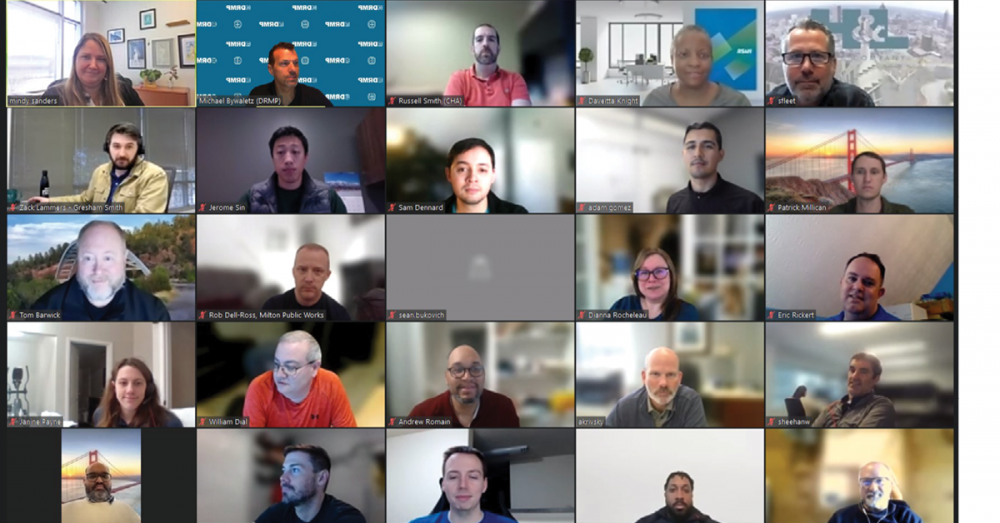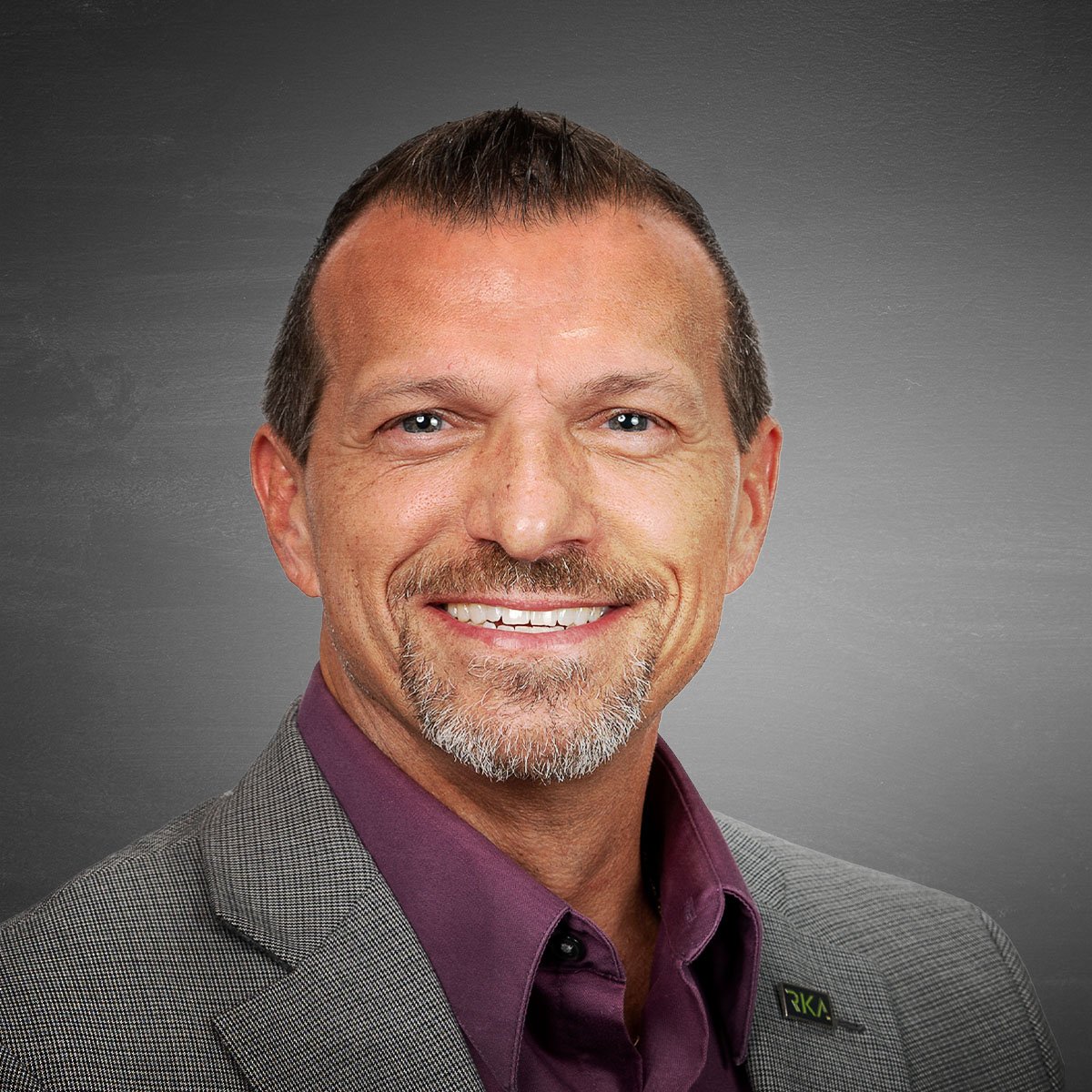DRMP is recognized for being an important resource for the success of its clients and contributing its staff’s expertise to improve the A/E/C industry. It is an honor to share the experience I’ve gained as an engineer to train fellow engineers on a specialty certification that is needed in Georgia for the National Pollution Discharge Elimination System (NPDES) permitting process.
When the Georgia Soil and Water Conservation Commission (GSWCC) first introduced training for the NPDES permitting process for erosion control and stormwater management in 2000, certification became a requirement for infrastructure plan design and review.
After working as an engineer and residing in Florida for several years, these regulations were the norm given the state's geographical makeup as a low-lying peninsula bordered by water. Consequently, certification wasn’t deemed necessary and was part of the daily routine.
In Georgia, attaining certification involves completing a course overseen by a GSWCC trainer. Leveraging my expertise and familiarity with the NPDES permitting process from my time in Florida, I obtained certification as a Level 2 certified trainer and design professional in 2005, allowing me to instruct the GSWCC Level 2 classes.
These classes, since the height of the Pandemic, can now be conducted remotely via Zoom, and we are working with the American Society of Highway Engineers (ASHE) Georgia Section and Atkins-Realis to continue training. Despite being based in DRMP’s Charlotte, N.C., office, I’m able to teach the class to professionals residing in Georgia where I once lived for 19 years. Attendees get four professional development hours for taking the course.
In 2006, the class I taught in person through ASHE drew 100 participants. Now, class sizes are limited to 25 in a Zoom setting. Nearly all attendees are professional engineers (PEs) pursuing Level 2 design professional certification, which allows them to design, review, and sign off on plans. Participants, including non-PEs, can specialize as plan reviewers or quality control personnel. Municipalities commonly enroll staff in the classes. My next class is scheduled for April 11.
Recertification is required every three years to allow class participants to retain their credentials and can be renewed within a year of expiration. DRMP is compensated for these services for offering expertise in erosion and sediment control.
In the class, we typically cover five chapters and delve into the practical laws and regulations of Georgia’s erosion control, the checklist that is required for plan submission, and best management practices (BMPs) used in the field. We also engage in discussions concerning state waters, stormwater management, and green infrastructure. The instructional material features award-winning green infrastructure projects led by me during my time in the Atlanta area.
Through these classes, I continue to share practical knowledge and valuable insights regarding Georgia’s (NPDES) permitting process for erosion control and stormwater management, ensuring that participants stay informed of evolving regulations and best practices in the field. DRMP is honored to serve as a trusted resource and contribute to the continued success and advancement of professionals in the A/E/C industry.













